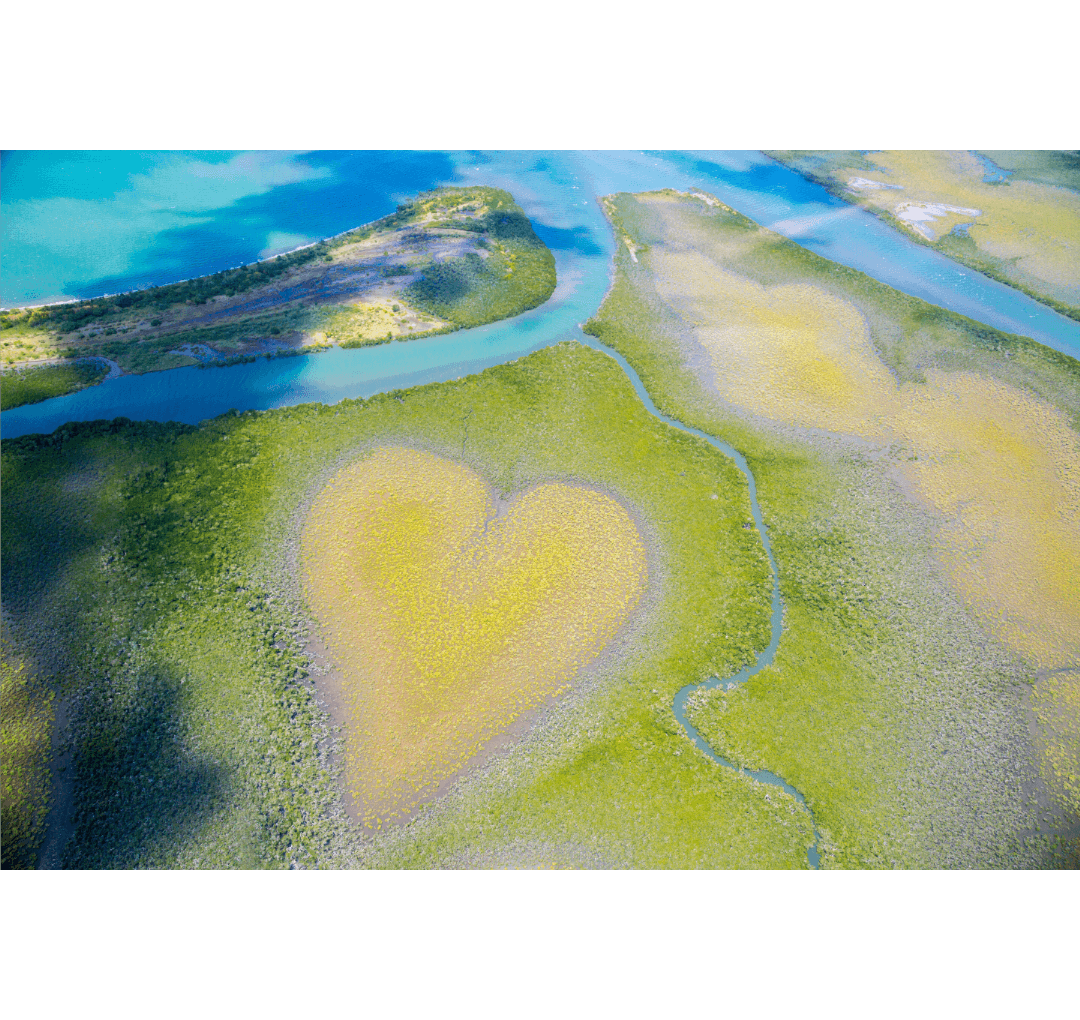Calculating Aquacycl's impact on Earth Day and every day
Earth Day is recognized as a day to educate, promote concern, and mobilize people around the importance of long-term ecological sustainability. For Aquacycl, Earth Day is every day. The work that we do to improve water quality touches upon multiple aspects of our environment, including healthy watersheds, reducing greenhouse gas (GHG) emissions, and building resilience to climate change.
Healthy watersheds depend upon both quality and quantity of the water within them. Attention is usually more focused on water quantity (specifically scarcity), as it is where the dramatic impacts are felt, but if quality isn’t sufficient, it will impact the entire ecosystem and overall health of all associated waterways. According to a water quality survey of the US rivers and streams conducted by the EPA, 55% of the nation's flowing waters are in poor biological condition and 23% are in fair biological condition (U.S. EPA, 2013). At Aquacycl, improving water quality is what we do. We remove the hardest to treat parts of wastewater, so replenishment can happen with the same or better quality of water.
With regards to water quantity, we help corporations reduce their direct water footprint by enabling water reuse (with complementary technologies). Instead of approaching water as a linear resource, where discharge is a wasted byproduct, wastewater can be treated to the level necessary for onsite reuse applications. By recycling the water into lower-quality uses (e.g., cooling towers, boilers, truck washes), companies can reduce demand for fresh water, thereby reducing burden on water-stressed areas.
Another area we touch is the connection between energy and water. Water and wastewater systems are energy intensive, consuming 3-4% of energy in the US alone. In wastewater, large quantities of energy are used in aerobic systems, which force air through the wastewater. Anaerobic systems generate biogas, which can be burned for clean energy, but methane leakage can contribute to unintended GHG emissions. Aquacycl has designed our system to be energy-neutral, with small quantities of direct electricity produced as the wastewater is treated, as well as eliminating GHG emissions from trucking and incineration of wastewater and making downstream treatment more efficient. This leads to a 90% reduction in overall GHG emissions relative to conventional treatment processes.
While the majority of climate tech attention and funding goes to companies addressing GHG reduction such as carbon capture and storage, the effects of climate change will be felt largely through water - too much or too little. We cannot forget water in the discussion of climate technology, as the climate crisis is a water crisis, and the impacts of climate change will be felt even if we meet the 1.5C targets. Aquacycl can help build resilience by providing distributed off-sewer and off-energy grid treatment systems. As climate change forces mass migrations or hurricanes, floods, fires or other natural disasters wreak havoc on infrastructure, the existing infrastructure will not be able to handle the demands. Modular, rapidly deployable treatment systems will help to fill the gap.
Impact for Aquacycl comes in the many small steps toward improving water quality, water quantity, GHG reductions and building resilience. We are tracking the impact that we are having across these areas. At one client site, running a system at half capacity for one year, we have achieved the following:
- 300 tons of CO2 mitigated
- 600,000 gallons of water treated
- 330,400 kilowatts generated
So, for today’s Earth Day, we celebrate the impact that Aquacycl and many others are making to reduce water stress, emissions, and waste. With many small steps, we can collectively change the world.

